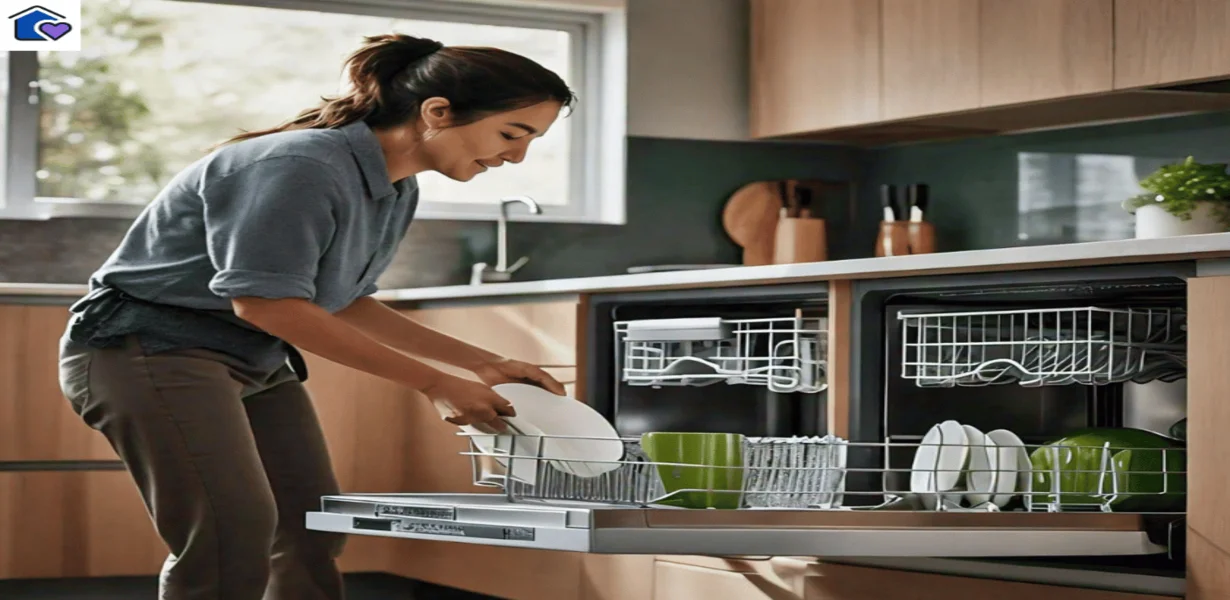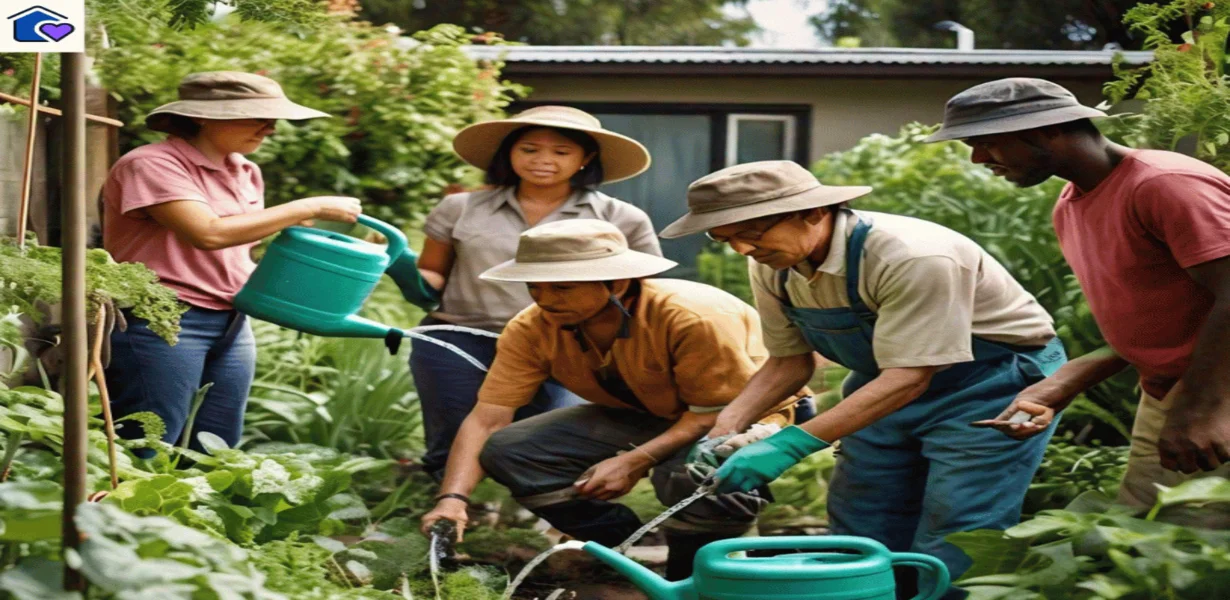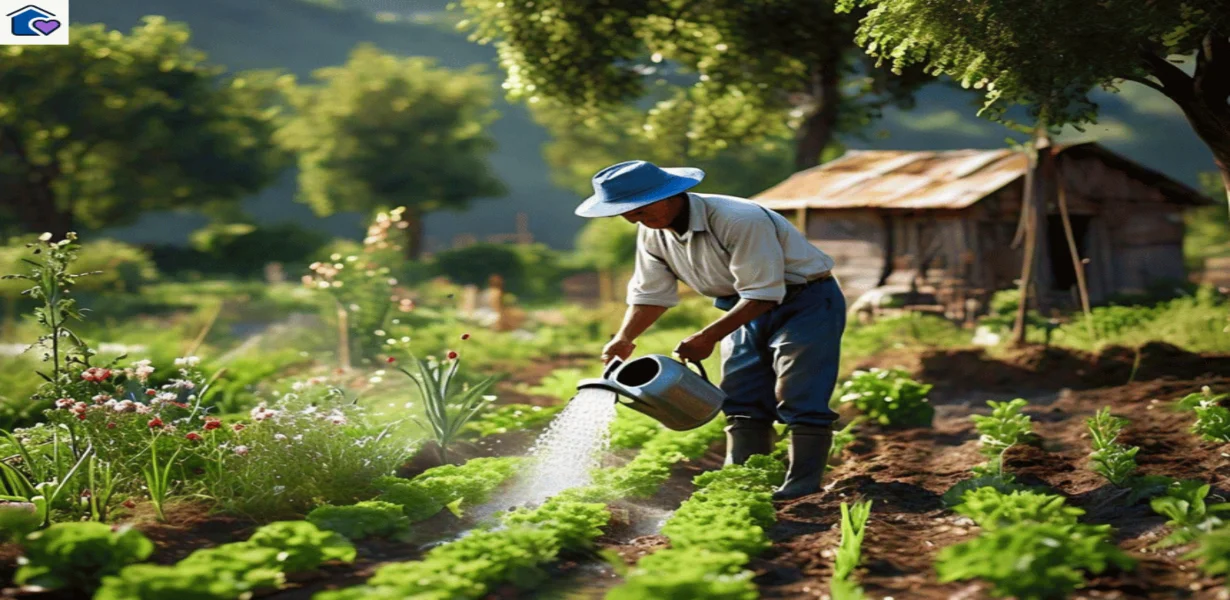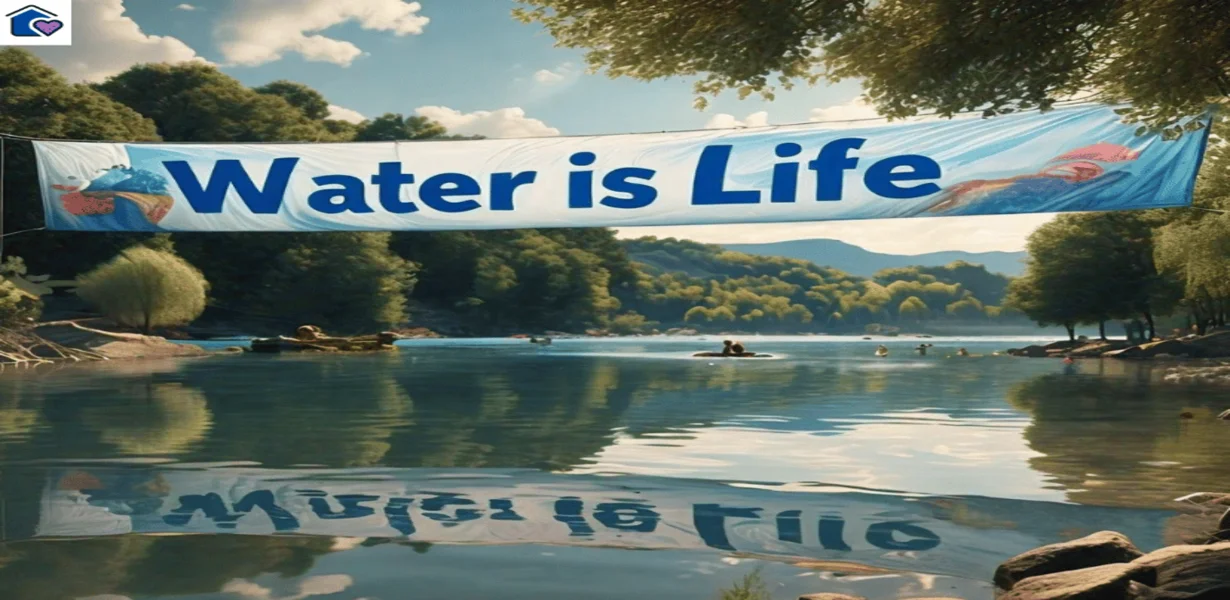Water Preservation Strategies and Solutions
Water is essential for all forms of life, yet it is a limited resource so water preservation is much important now. With growing population, manufacturing growth and weather change, the demand for water continues to increase, making water preservation more life-threatening than ever. Effective water preservation policies and solutions can help make sure that future generations have access to clean and safe water.
This article discovers numerous water preservation methods and useful solutions that can be applied at individual, public and governmental levels.
Understanding the Importance of Water Preservation
Water preservation refers to the plans, actions and practices intended at handling and using water resources more professionally to lessen excessive water usage. The main goal is to make sure that water is accessible for future generations while conserving a balance in the ecosystem.
- Environmental Benefits: Water preservation helps defend the atmosphere by decreasing the stress on water resources. This leads to better ecosystems, reduced energy intake for water treatment and sharing, and reduced greenhouse gas productions.
- Financial Benefits: Effective water use decreases costs for individuals, businesses and governments. Lesser water bills, reduced need for new arrangement, and savings on energy and wastewater behaviour contribute to financial sustainability.
- Social Benefits: Access to clean water is an important human right. By water preservation, societies can confirm reasonable supply and accessibility of water, improving public health and feature of life.
Strategies for Water Preservation

Effective Water Use at Home
- Fixing Leaks: Leaking faucets, toilets and pipes can waste major amounts of water. Frequently examining and fixing leaks can save hundreds of tons of water each month.
- Installing Water-Saving Fixtures: Low-flow shower-heads, valves and dual-flush toilets use less water without negotiating presentation. These fittings can decrease water usage by up to 50%.
- Keen Reforming: Using natural plants and drought-resistant kinds in reforming reduces the need for frequent spraying of water. Applying cauterising ideologies, such as protecting and grouping plants with similar water requirements, can further help in water preservation.
- Well-organised Irrigation: Watering lawns and gardens early in the morning or late in the evening reduces vaporisation. Using drip irrigation arrangements and soaked pipes make sure that water goes directly to the roots, decreasing waste.
Water Preservation in Cultivation
- Precision Irrigation: Machines like drip irrigation and sprayers with timers make sure that water is delivered surely where and when it is needed, decreasing water wastage.
- Soil Moisture Monitoring: Using radars to monitor soil moisture levels helps farmers control the finest time for irrigation, averting overwatering and refining crop yield.
- Crop Selection: Increasing drought-resistant crops and approving crop revolution practices can reduce water intake in cultivation.
- Rainwater Collecting: Collecting and storing rainwater for irrigation determinations can expressively reduce the claim for freshwater resources in farming.
Industrial Water Preservation
- Water Recycling and Reuse: Industries can implement water recycling structures to treat and reuse wastewater within their processes, decreasing the need for fresh water.
- Procedure Optimization: Restructuring industrialized procedures to lessen water use and recognizing areas where water can be reused or substituted with substitute procedures can lead to important water savings.
- Employee Preparation: Educating employees about the importance of water preservation and encouraging practices such as reporting leakages and using water-efficient procedures can contribute to complete water savings.
Public and Management Initiatives

- Public Awareness Operations: Managements and organisations can run operations to educate the public about the importance of water preservation and provide tips on how to decrease the use of water.
- Inducement Courses: Proposing encouragements for installing water-efficient appliances, fittings and irrigation systems can inspire individuals and businesses to implement water-saving practices.
- Rules and Policies: Applying water preservation rules, such as limitations on outdoor water use during deficiencies and necessities for water-efficient building codes, can help achieve water resources more efficiently.
- Investment in Infrastructure: Upgrading and maintaining water infrastructure, including pipes, treatment plants, and distribution systems, can reduce water loss due to leaks and inefficiencies.
Creative Water Preservation Solutions
Smart Water Management Systems
- IoT and Sensors: Internet of Things (IoT) devices and instruments can display water usage in real-time, identify leaks and deliver data to improve water management.
- Smart Meters: Smart water meters let users and utilities to track water intake precisely, recognise designs and implement targeted preservation procedures.
Detoxification and Water Purification
- Detoxification: Adapting seawater to freshwater through detoxification offers an alternative water source for barren regions. Advances in technology are making this procedure more energy-efficient and cost-effective.
- Water Purification Technologies: Inventions in water purification, such as progressive filtration systems and ultraviolet (UV) treatment, guarantee safe drinking water from several sources, as well as recycled wastewater.
Conclusion
Water Preservation is not just an individual responsibility but a cooperative effort towards making sure supportable water management. By assuming water-saving technologies, changing daily practices, and supporting public inventiveness, individuals and governments can lessen water shortage challenges and preserve this valuable resource for future generations. Implementation these policies today is key to building a strong and water-secure future.
This comprehensive guide provides a detailed overview of effective water preservation strategies and solutions, highlighting their importance, implementation methods, and the role of communities and governments in fostering sustainable water use practices.

More articles you can read
There are some more articles based on different topics regarding family members and other home organising issues; if you want to read them, then visit here, and for more to read about your self-care, you can visit here.

28 thoughts on “Water Preservation: 6 Effective Strategies and Solutions for a Maintainable Future”